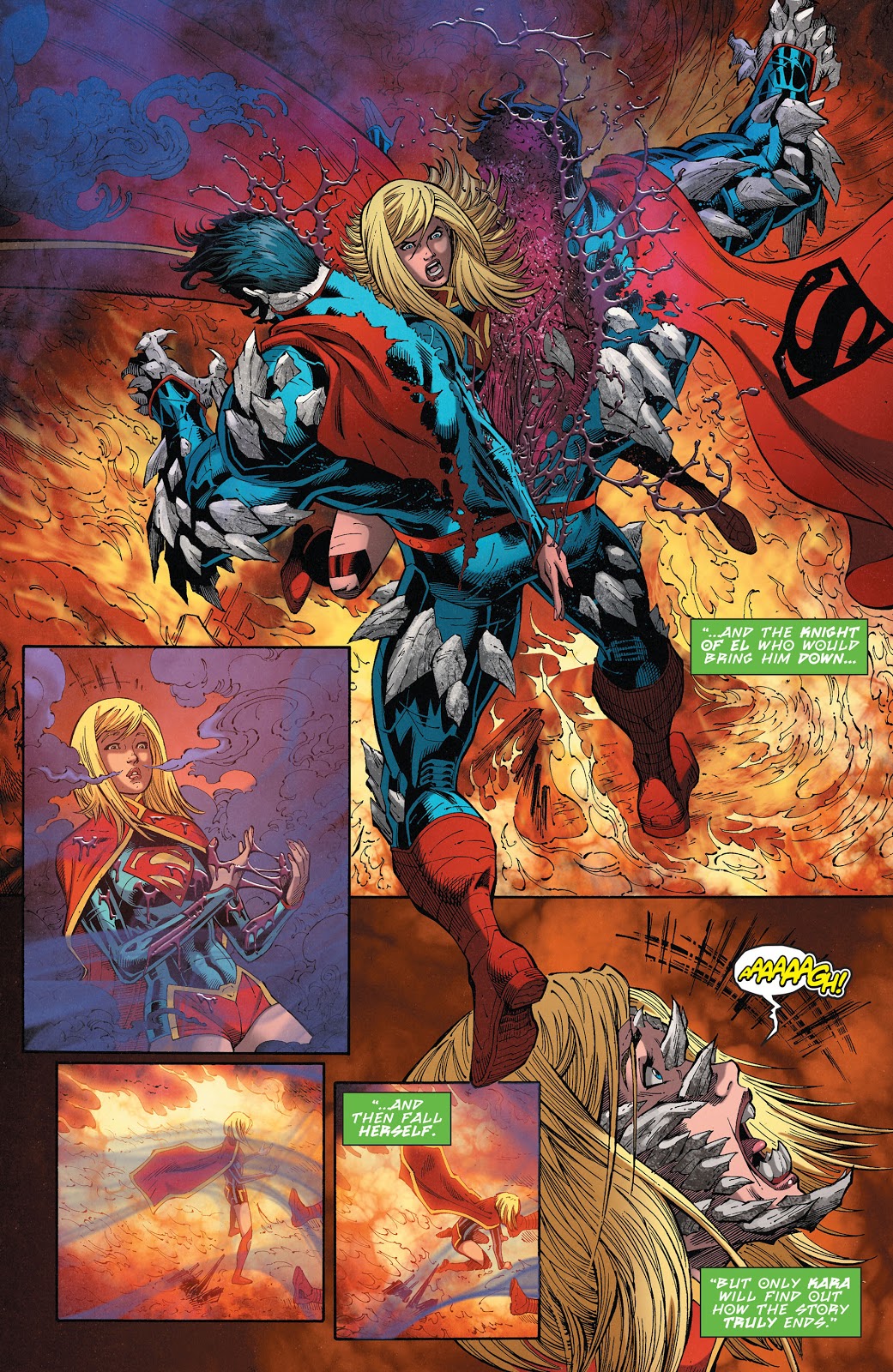

The genetic scrambling is random, with the result that virtually all mutations either have no effect whatsoever on the virus, or else do something that makes the virus less effective or even renders it entirely non-functional. What happens to all those mutations? Almost always the answer is: nothing. A single person infected with COVID-19 might carry 10 billion copies of the virus, enough to produce billions of mutated viruses every day. What's more, COVID-19 has genetic checking mechanisms that make it reasonably adept at avoiding replication mistakes compared to most viruses.īut while COVID-19's mutation rate is on the low side-about one mutation for every 10 replications, or around a fifth of the flu's mutation rate and a tenth of HIV's-COVID-19 takes advantage of a grim numbers game. coli bacterium, a run-of-the-mill stomach bug, and about 20,000 in a human cell. The COVID-19 virus doesn't have a lot of genetic material to scramble compared to most organisms-about 15 genes, versus about 3,000 genes in an E. Just as with most human and other cells, a mutation occurs in a virus when it replicates but fails to make a perfect copy of its genetic material. SARS-CoV-2 doesn't mutate particularly quickly, compared to many pathogens. 'I Was Wrong Not To Get Vaccinated:' COVID Patient Cries From Hospital Bed.
#A DOOMSDAY COVID VARIANT HOW TO#
How to Convince Your Loved Ones to Get COVID Vaccine.COVID Vaccination Rate Lagging As Doomsday Variant Looms "Having billions of people infected presents a breeding ground for variants unlike anything we've ever seen with these sorts of viruses," he says. Even more important, he adds, scientists underestimated the sheer scale the pandemic would eventually achieve-a critical factor, because the more people a virus infects, the more opportunities it has to develop significant mutations. In the absence of data, scientists assumed it would follow other viruses in being relatively slow to spin off much more contagious mutations. But unlike most other pathogens, Eisen notes SARS-CoV-2 was largely unknown when it emerged. It may seem surprising that scientists were caught off-guard by the rapid emergence of a more dangerous variant. "But we didn't think the mutations would so strikingly affect transmissibility and possible evasion of immunity." "All coronaviruses mutate, and we knew this one was mutating, too," says Sharone Green, a physician and infectious disease researcher at the University of Massachusetts Medical School. NIAIDĭelta, more than any other variant, has reset scientists' understanding of how quickly a virus can evolve into devastating new forms. "We probably only need to worry about it on a timescale of about five years." Today he calls Delta and other COVID-19 variants "the pandemic within the pandemic."Ĭolorized scanning electron micrograph of an apoptotic cell (tan) heavily infected with SARS-COV-2 virus particles (orange), isolated from a patient sample. "They don't seem to make much of a difference," said Richard Neher, an evolutionary biologist at Switzerland's University of Basel, in August last year. Early in the pandemic, most experts closely studying COVID-19 mutations downplayed the notion that variants would cause such serious problems. "The next variant," says Osterholm, "could be Delta on steroids." Caught Off-Guard Its extreme contagiousness, with room to run freely through the tens of millions of Americans who haven't been vaccinated and millions more who have no access to vaccines in developing countries, has good odds of turning into something even more troublesome. Delta has already shown how much worse things can get. The odds are not high that we will see such a triple threat, but experts can't rule it out. But it's a good time to wonder: Just how destructive can these variants get? Will future variants expand their attack from the lungs to the brain, the heart and other organs? Will they take a page from HIV and trick people into thinking they've recovered, only to make them sick later? Is there a Doomsday variant out there that shrugs off vaccines, spreads like wildfire and leaves more of its victims much sicker than anything we've yet seen? It's too soon to say whether Lambda will turn out to be the next big, bad thing that COVID-19 unleashes on us. Read more Delta-Variant COVID Questions Answered, From Booster Shots to Returning to the Office


 0 kommentar(er)
0 kommentar(er)
